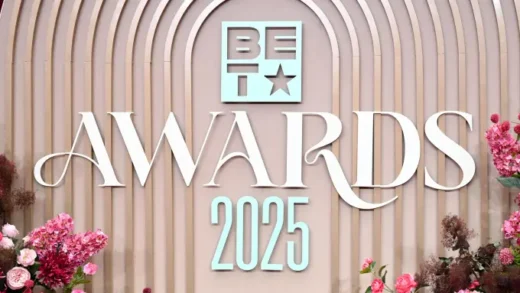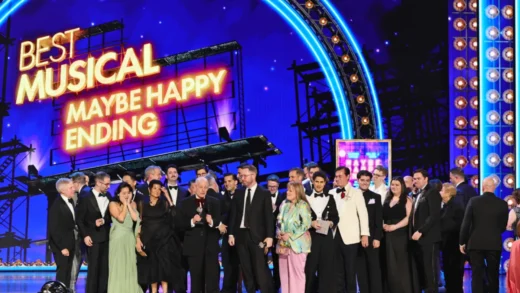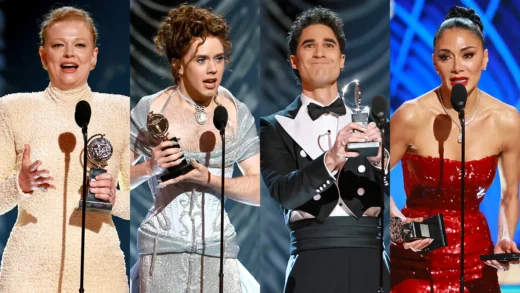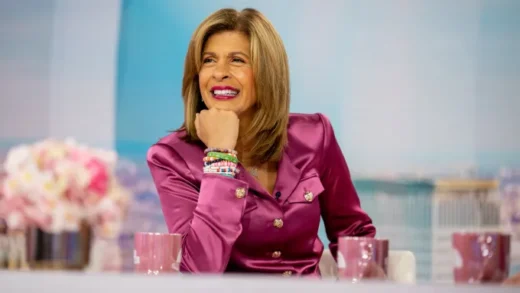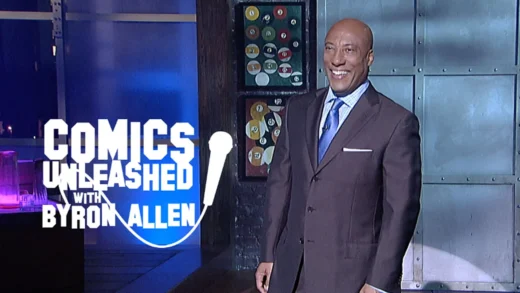At the 2004 Super Bowl halftime show, Janet Jackson performed her hits “All for You” and “Rhythm Nation,” a sensual club ballad and a militaristic funk stomp. She opened the performance and was there at its close, when Justin Timberlake, then a pop-superstar arriviste, emerged to perform his hit “Rock Your Body.”
If Ms. Jackson was glowing during her songs, she was shellshocked during his, after Mr. Timberlake’s hand tore her top and exposed her breast.
Though the public punishment largely — and unjustly — accrued to Ms. Jackson, derailing her career, the affected song belonged to Mr. Timberlake. The sensible choice, 14 years later, when offered the opportunity for a clean slate, might have been to leave that song alone. Give it the night off. Don’t wink. Nothing cute.
But Mr. Timberlake’s need for redemption is far greater than his capacity for restraint. And so in the second minute of his halftime-show performance at Super Bowl LII, just after he’d pump-faked with his recent single, “Filthy,” he emerged on the U.S. Bank Stadium field in Minneapolis and began singing (sort of) and dancing to “Rock Your Body.”
If what happened in 2004 was a wardrobe malfunction, this was a taste malfunction, a seamy need to reclaim the song that, ever so briefly, put him uncomfortably under the klieg lights and restore it to being just another benign entry in his pop-soul catalog.
Its use underscored the ways Ms. Jackson has been systematically erased from celebratory narratives around the Super Bowl, and also the way Mr. Timberlake’s music is flattered most by soft light. At this point, his best songs are fit for aerobics, or SoulCycle, or factories run by robots. Much of the urgency of his biggest hits comes from savvy production choices. He has a lissome voice, but all its victories come via seduction, not power.
Regardless, he didn’t much use it here, during a 13-minute performance that was heavy on dance spectacle, light on vocal authority. Often, it sounded as if Mr. Timberlake were merely providing accent riffs to his own songs. He leaned heavily, and rightly, on his first two albums, plowing through digital funk smashes like “Cry Me a River,” “SexyBack” and “My Love” (and also the non-smash “Suit & Tie,” from “The 20/20 Experience”).
Only on the ballad “Until the End of Time,” during which he sat at a white piano, did he lean into his singing, allowing its natural tenderness to serve as a pyrotechnic.
Mr. Timberlake got his start in a boy band, ’N Sync, and he has a natural gift for grand-scale presentation. (This was actually his third halftime performance, including 2004 and also ’N Sync’s appearance in 2001.) The dance routines, including an exuberant tuxedo-clad brass section and a phalanx of bodies holding aloft mirrors that refracted light throughout the stadium (during “Mirrors”), were effective without being ostentatious. Shows of this size are light work for Mr. Timberlake, even if he was working at about three-fourths the intensity of his backing troupe.
That Mr. Timberlake, who has had a smattering of hits in recent years — including the “Trolls” soundtrack anthem “Can’t Stop the Feeling!,” which he performed near the end of his set — was offered this halftime-show slot is a reminder of the wide-scale cultural cachet he once corralled. Though he released a new solo album — “Man of the Woods,” his fifth — on Friday, Mr. Timberlake is, in effect, a heritage act. (The heritage of the early-to-mid-2000s, but still.)
His booking also displays the differing ways forgiveness is deployed in public life. That Mr. Timberlake was deemed fit for this rehabilitation has less to do with contrition on his part than the presumption that whiteness is resilient armor, and also the convenience of having a nonwhite scapegoat. In a year in which the N.F.L.’s bumbling relationship to race has been at its most visible, this whitewashing has a particularly acrid smell. On Sunday, in anticipation of Mr. Timberlake’s performance, Twitter and Instagram were flooded with photos and videos of Ms. Jackson, often posted with the hashtag #JanetJacksonAppreciationDay.
(Excerpt) Read More in: The New York Times
